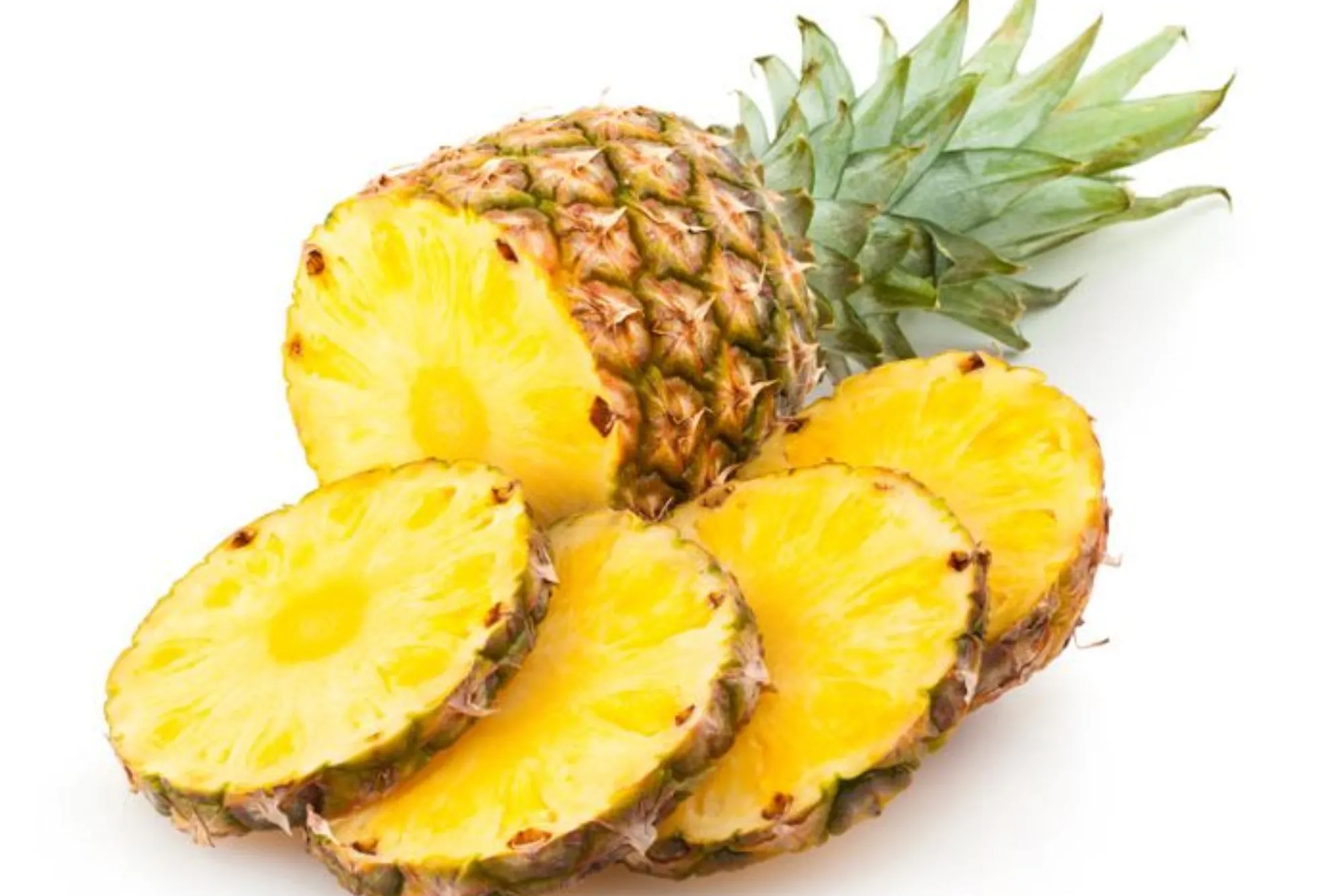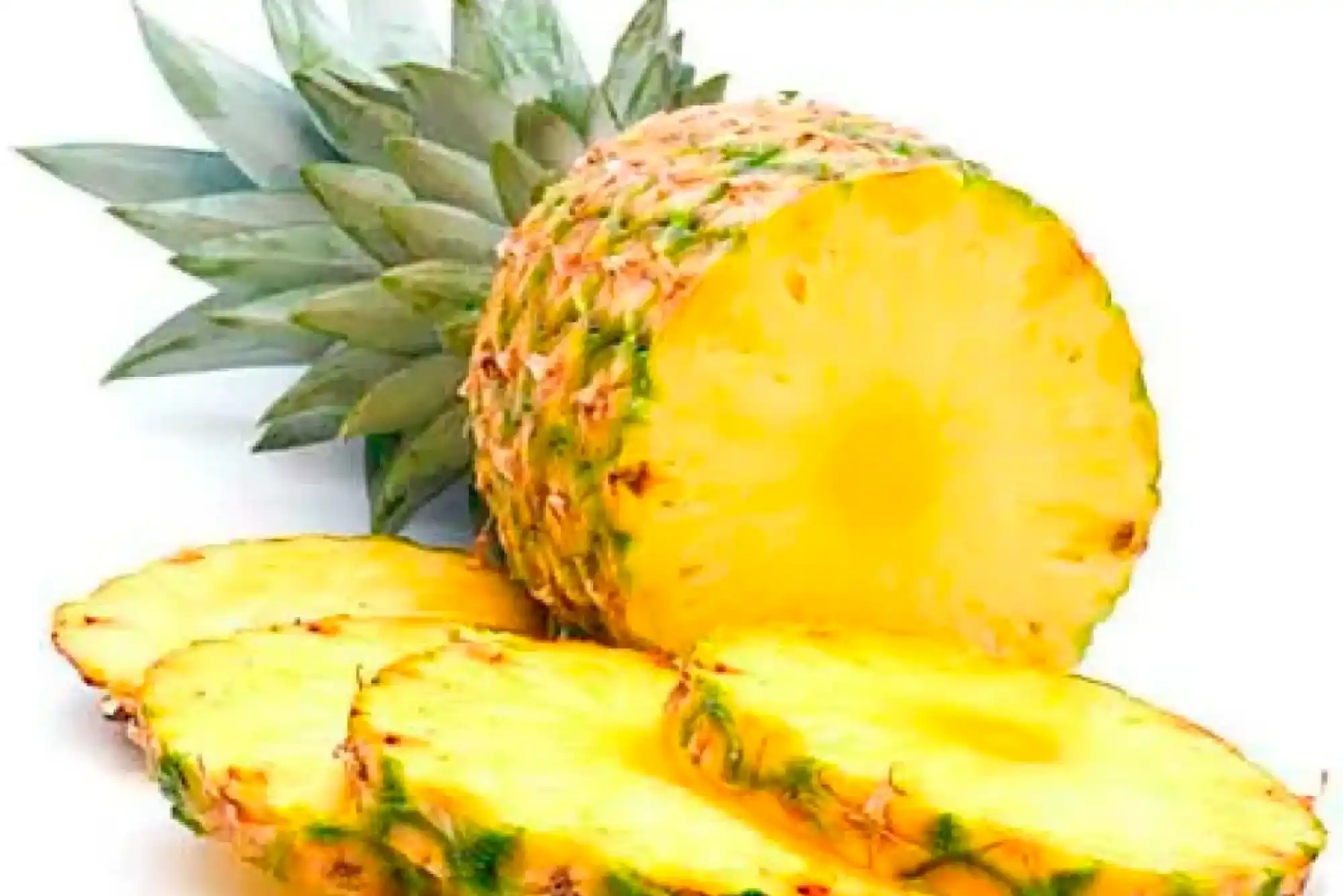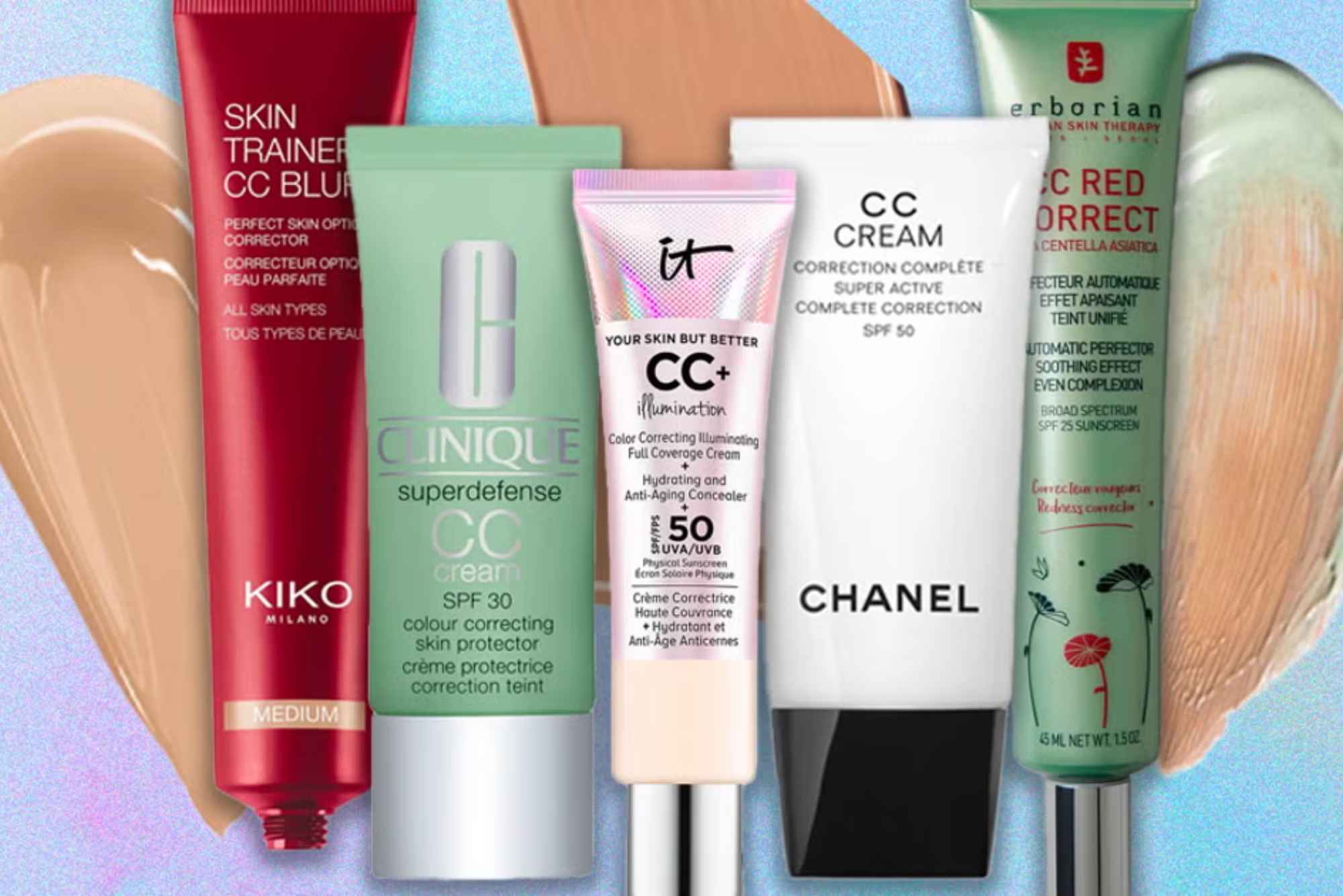The ketogenic diet, commonly known as the keto diet, focuses on consuming low amounts of carbohydrates and high amounts of fats. This shift in macronutrients encourages the body to enter a state of ketosis, where fat is burned for energy instead of glucose. For individuals looking to reap the benefits of the keto diet, understanding which foods to eat and avoid is crucial. In this article, we’ll explore the best keto-friendly foods to include in your meal plan.
What is a Keto Diet?
The keto diet is a low-carb, high-fat diet that helps the body enter ketosis, a metabolic state where fats are converted into ketones for energy. In a traditional diet, carbohydrates serve as the primary fuel source. By reducing carb intake and increasing fats, the keto diet forces the body to switch to burning fat. This leads to a variety of benefits, such as weight loss, enhanced mental clarity, and improved metabolic health. The key to success on this diet is knowing which foods are keto-friendly and which ones to avoid.
Healthy Fats
Fats are the cornerstone of the ketogenic diet, making up about 70-80% of daily calorie intake. Prioritizing healthy fats ensures that you’re supporting your overall health while staying in ketosis.
Avocados
Avocados are rich in monounsaturated fats and packed with essential vitamins and minerals, making them one of the most versatile keto foods. They can be eaten as a snack, added to salads, or used as a creamy base for dishes like guacamole.
Olive Oil
Extra virgin olive oil is a heart-healthy fat, rich in antioxidants. It’s perfect for cooking or drizzling over salads and vegetables. Opt for cold-pressed varieties to retain its full nutritional benefits.
Coconut Oil
Coconut oil is a popular choice in the keto community due to its high content of medium-chain triglycerides (MCTs). MCTs are rapidly absorbed and converted into ketones by the liver, helping maintain ketosis.
Butter and Ghee
Both butter and ghee (clarified butter) are excellent sources of healthy fats. Ghee, in particular, is lactose-free, making it suitable for those with lactose intolerance. Choose grass-fed butter for added health benefits.

Protein Sources
Protein plays a crucial role in the keto diet but should be consumed in moderation. Too much protein can disrupt ketosis, so balance is key.
Meat
Beef, pork, lamb, and poultry are all great sources of protein on the keto diet. Opt for fatty cuts of meat like ribeye steak or pork belly, as they provide more fat, which is essential for staying in ketosis.
Fish and Seafood
Fatty fish like salmon, mackerel, sardines, and tuna are perfect for keto. They are not only low in carbs but also rich in omega-3 fatty acids, which are beneficial for heart health.
Eggs
Eggs are a nutrient-dense, low-carb option, providing a good balance of protein and healthy fats. They are incredibly versatile and can be used in many different dishes, from breakfast scrambles to baked goods.
Cheese
Most cheeses are keto-friendly due to their high fat and low carbohydrate content. Some good options include cheddar, mozzarella, goat cheese, and cream cheese. However, it’s important to avoid processed cheese, as it may contain added sugars or carbs.
Low-Carb Vegetables
Vegetables are a vital component of any diet, and there are plenty of low-carb options that fit within the keto lifestyle. Focus on non-starchy vegetables for the best results.
Leafy Greens
Leafy greens like spinach, kale, and lettuce are extremely low in carbs and packed with vitamins, minerals, and fiber. These vegetables can be used in salads, soups, or sautéed as a side dish.
Cruciferous Vegetables
Broccoli, cauliflower, and Brussels sprouts are keto-friendly vegetables that are high in fiber and low in carbs. They can be roasted, steamed, or even used as a rice substitute when finely chopped.
Zucchini
Zucchini is a versatile vegetable that can be used in a variety of keto dishes. It can be spiralized into noodles, grilled, or used in baked goods. Zucchini is low in carbs and rich in nutrients like vitamin C.
Bell Peppers
Bell peppers are a colorful, low-carb option that can be enjoyed in moderation. While slightly higher in carbohydrates than other keto vegetables, they add a great flavor and crunch to salads or stir-fries.
Nuts and Seeds
Nuts and seeds provide a healthy source of fats, fiber, and protein. However, they should be consumed in moderation, as they can be calorie-dense and contain some carbs.
Almonds
Almonds are rich in healthy fats and fiber, making them an ideal snack. They are also high in vitamin E, magnesium, and antioxidants.
Walnuts
Walnuts are an excellent source of omega-3 fatty acids, which can support heart health. They are low in net carbs and can be added to salads or eaten on their own.
Chia Seeds
Chia seeds are high in fiber and contain essential fatty acids. These tiny seeds expand in liquid, making them a perfect ingredient for keto puddings or smoothie bowls.
Flaxseeds
Flaxseeds are another fiber-rich option that can help with digestion. They can be added to keto bread, muffins, or used as a topping for yogurt.
Dairy Products
Dairy products can be part of a keto diet, provided they are full-fat and low in added sugars. Always check labels to ensure that no hidden carbs are present.
Full-Fat Yogurt
Unsweetened, full-fat yogurt or Greek yogurt can be enjoyed in moderation. Pair it with keto-friendly toppings like nuts or seeds to create a satisfying snack.
Heavy Cream
Heavy cream is a staple in many keto recipes, adding richness to sauces, soups, or even coffee. It’s low in carbs and high in fat, making it an excellent option for those on keto.
Cottage Cheese
While slightly higher in carbohydrates than other dairy options, cottage cheese can be eaten in small amounts on the keto diet. Pair it with low-carb veggies or nuts for a balanced snack.
Keto-Friendly Snacks
When hunger strikes, having keto-friendly snacks on hand can help you stay on track. Choose options that are low in carbs and high in fats to maintain ketosis.
Pork Rinds
Pork rinds are a crunchy, zero-carb snack perfect for satisfying cravings for salty snacks. They can also be used as a substitute for breadcrumbs in keto recipes.
Fat Bombs
Fat bombs are small, high-fat treats that can help you reach your daily fat intake. They can be made from ingredients like butter, cream cheese, or coconut oil, and come in sweet or savory varieties.
Jerky
Sugar-free beef or turkey jerky is a portable, keto-friendly snack. Be sure to choose varieties without added sugars or preservatives.
Olives
Olives are rich in healthy fats and low in carbohydrates, making them a great snack option. They can be eaten on their own or added to salads and dishes for extra flavor.
Drinks on Keto

Staying hydrated is essential on the keto diet, as the body loses water and electrolytes while in ketosis. Here are some beverages to keep you refreshed:
Water
Water is the best beverage to drink on the keto diet. Add electrolytes or a slice of lemon to help stay hydrated and balance your mineral levels.
Coffee
Black coffee or bulletproof coffee (coffee blended with butter or MCT oil) is popular among keto dieters. It provides a caffeine boost while also supplying healthy fats.
Tea
Unsweetened tea is a keto-friendly beverage that can be enjoyed hot or iced. Green tea, black tea, and herbal teas are all great options.
Bone Broth
Bone broth is rich in electrolytes and can help replenish lost minerals. It’s also a comforting, low-carb beverage option that can be sipped throughout the day.
Foods to Avoid on Keto
To maintain ketosis, it’s important to avoid high-carbohydrate foods that can spike blood sugar levels and kick you out of ketosis.
Grains
Grains like bread, pasta, rice, and oats are high in carbohydrates and should be eliminated from your keto diet.
Sugary Foods
Foods high in sugar, such as candy, cakes, cookies, and sugary drinks, are not suitable for a keto lifestyle. These foods can quickly raise blood sugar levels and disrupt ketosis.
Starchy Vegetables
Potatoes, sweet potatoes, corn, and other starchy vegetables contain too many carbs to be included in a keto diet.
Fruits
While fruits are generally considered healthy, most fruits are too high in natural sugars for a keto diet. Stick to small portions of berries like strawberries or raspberries, which are lower in carbs.
The ketogenic diet offers numerous health benefits, including weight loss, improved mental clarity, and better metabolic health. By incorporating healthy fats, moderate amounts of protein, and low-carb vegetables into your diet, you can enjoy the advantages of ketosis. With careful planning and the right keto foods, you can create satisfying meals that support your health goals while staying in ketosis.





